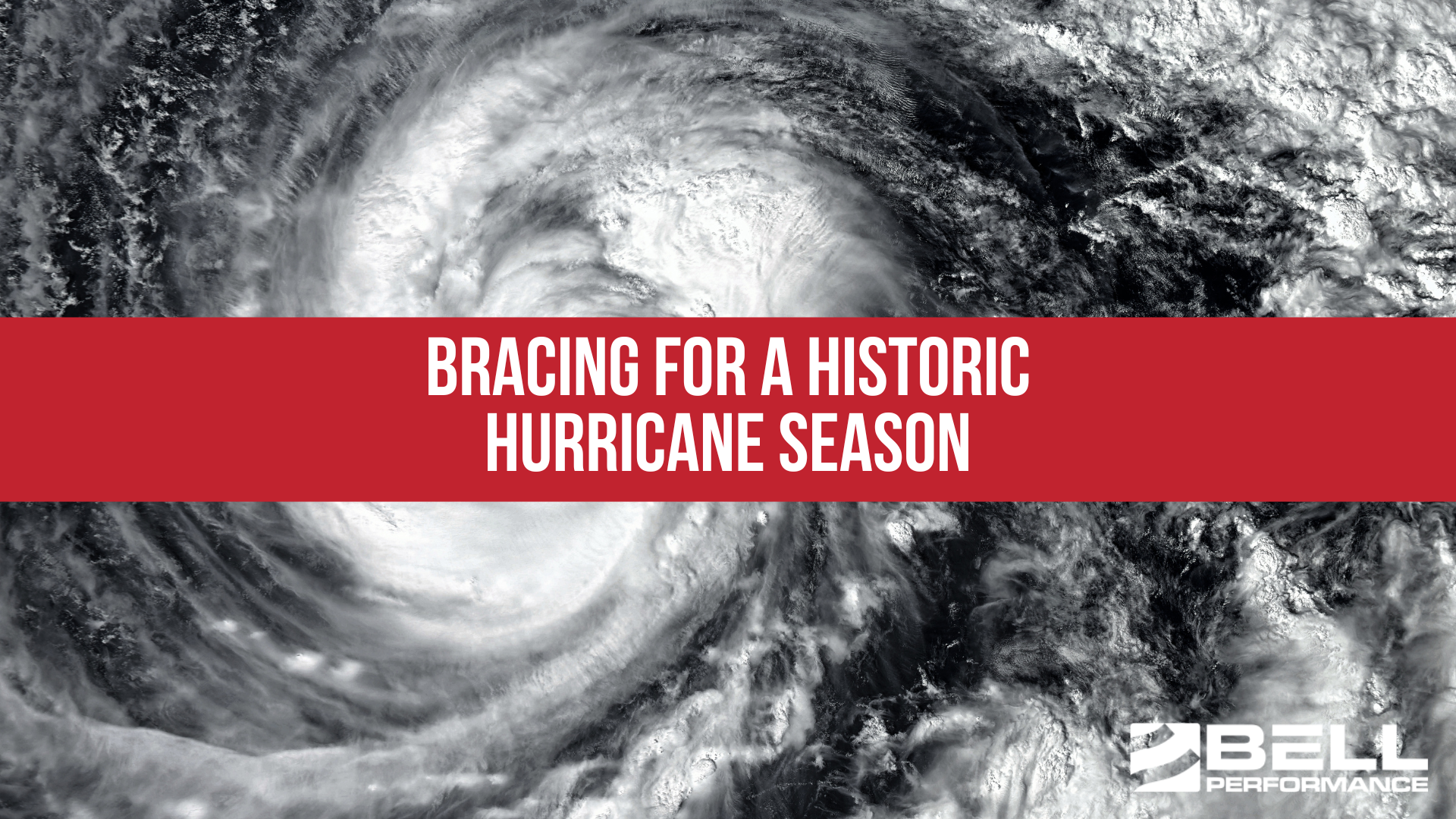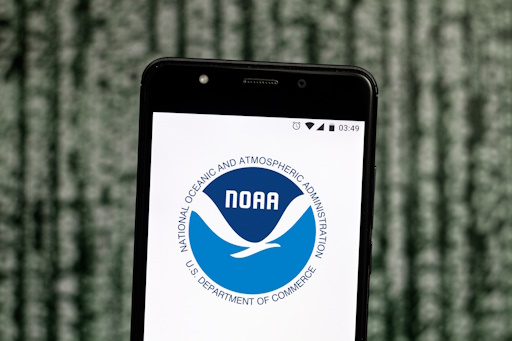Your 2017 Hurricane Season Primer
Memorial Day at the end of May traditionally marks the start of the boating season. And immediately following that comes the official start of the...
In an era of erratic weather patterns and escalating climate concerns, it is essential to be prepared for hurricane season. The podcast episode titled "Preparing Fuel for Hurricane Season" provides invaluable insights on how to best prepare and manage fuel needs during hurricane seasons. Here’s a comprehensive guide based on the episode, consisting of both PART1 and PART2.
Hurricane season, typically from June to November, brings formidable storms that could result in power outages, limiting access to crucial resources like fuel. With fuels being the lifeblood for mobility and power generation, managing fuel supplies efficiently is paramount.
Understanding the risk level of your area is crucial. Coastal and low-lying areas are usually more susceptible to hurricanes. One should stay informed about potential hurricanes and their trajectories through reliable meteorological sources.
Based on risk assessment, homeowners and businesses should develop a fuel storage plan. This plan should include:
Maintaining an emergency kit is vital. It should include essentials like water, non-perishable food, flashlights, batteries, and first aid supplies. Additionally, having resources like portable chargers and alternative cooking means can be lifesaving.
Storing fuel for extended periods can lead to degradation. Thus, it is imperative to maintain the quality of fuel through stabilizers and regular checks, ensuring it remains usable when needed.
Once a hurricane warning is issued, conservation becomes key. Reducing unnecessary travel, optimizing generator use, and utilizing energy-efficient appliances can help stretch fuel supplies. Prioritizing needs over wants ensures fuel is available for essential services like heating and cooking.
Fuel supply chains can be heavily disrupted during hurricanes. Proactive coordination with fuel providers and understanding supply chain dynamics can help in securing fuel during shortages. Establishing connections with local fuel suppliers and keeping abreast of supply developments ensures that you are not left stranded without fuel.
Investing in renewable energy sources like solar and wind power is a sustainable solution to reduce reliance on traditional fuel. Solar panels and wind turbines can provide a continuous power supply and reduce the pressure on fuel demands during emergencies.
Creating community fuel reserves and sharing resources can help in building resilient communities. Pooling resources and having communal storage facilities can ensure that everyone has access to fuel, particularly benefiting those who may lack the means to store fuel independently.
Having appropriate insurance is a fundamental aspect of hurricane preparedness. Comprehensive policies covering flood and wind damage can provide financial stability in post-hurricane scenarios. A well-thought-out budget, including a contingency fund, can aid in managing unforeseen expenses related to fuel and other necessities.
Educating the community on hurricane preparedness and fuel management is vital. Public awareness campaigns and educational programs can help in disseminating information on safe fuel storage practices, conservation methods, and emergency preparedness.
Government agencies play a crucial role in managing fuel supplies during hurricane seasons. They should implement policies to maintain strategic fuel reserves and ensure the availability of fuel for emergency services and the public. Collaborative efforts between the government and communities can help in establishing resilient and sustainable fuel management systems.
Preparing for hurricane season is more than just boarding up windows and stocking up on canned foods. Efficient fuel management and preparedness can mean the difference between resilience and catastrophe. The insights from the podcast episode "Preparing Fuel For Hurricane Season" underscore the importance of comprehensive preparation, encompassing risk assessment, fuel storage, conservation strategies, sustainable alternatives, and community collaboration.
Implementing the strategies discussed in the podcast, such as developing a fuel storage plan, maintaining fuel quality, conserving fuel, exploring renewable energy alternatives, and ensuring financial preparedness, can significantly mitigate the challenges posed by hurricanes. It’s not only about surviving the storm but also about ensuring a sustainable and resilient life in its aftermath.
In a world grappling with climate change and its repercussions, it is imperative to be knowledgeable and prepared. By embracing preventive measures and sustainable practices, individuals and communities can navigate hurricane seasons more securely and effectively.
By integrating and applying the information and strategies from this podcast episode, one can transform the ordeal of hurricane season into a manageable, even empowering, experience, promoting communal resilience and individual preparedness.

Memorial Day at the end of May traditionally marks the start of the boating season. And immediately following that comes the official start of the...

It's that time of year, when the national agencies issue their predictions for the upcoming Atlantic Hurricane Season (and update any predictions...

The Atlantic Hurricane Season starts June 1st. In advance of that, we have National Hurricane Preparedness Week with news and advice for businesses...